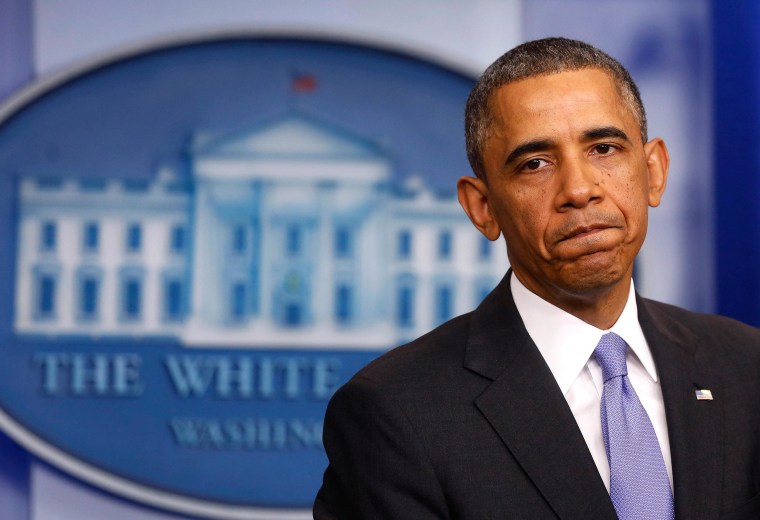More than 2 million people who got health insurance under the Affordable Care Act law have data discrepancies that could jeopardize coverage for some, a government document shows.
About 1 in 4 people who signed up have discrepancies, creating a huge paperwork jam for the feds and exposing some consumers to repayment demands, or possibly even loss of coverage, if they got too generous a subsidy.
The 7-page slide presentation from the Health and Human Services department was provided to The Associated Press as several congressional committees are actively investigating the discrepancies, most of which involve important details on income, citizenship and immigration status.
Ensuring that health care benefits are delivered accurately is a top priority for HHS nominee Sylvia Mathews Burwell, whose confirmation as department secretary is before the Senate this week.
Administration officials expressed confidence that most of the discrepancies can be resolved over the summer. Nonetheless, HHS has set up a system to "turn off" benefits for anyone who is found to be ineligible.
Julie Bataille, communications coordinator for the health care rollout, said most of the discrepancies appear to be due to outdated information in government files — and the "vast majority" of cases are being resolved in favor of consumers. The government is making an all-out effort to reach those with discrepancies, which officials have termed "inconsistencies."
"The fact that a consumer has an inconsistency on their application does not mean there is a problem on their enrollment," said Bataille. "Most of the time what that means is that there is more up-to-date information that they need to provide to us."
The exchanges offer subsidized private coverage to lower-income and middle-class people with no access to health care on the job.
Under the law, only citizens and legal immigrants are entitled to subsidized coverage.
Updated numbers provided by Bataille indicate that the total number of people affected remains about the same as a month ago. About 1.2 million have discrepancies related to income; 505,000 have issues with immigration data, and 461,000 have conflicts related to citizenship information.
The law contemplated there would be verification problems with the new program, and provided for a 90-day window to clear up discrepancies. During this time, a consumer's coverage is not affected.
About 60 percent of all the people with discrepancies are still within that 90-day period, said Bataille.
